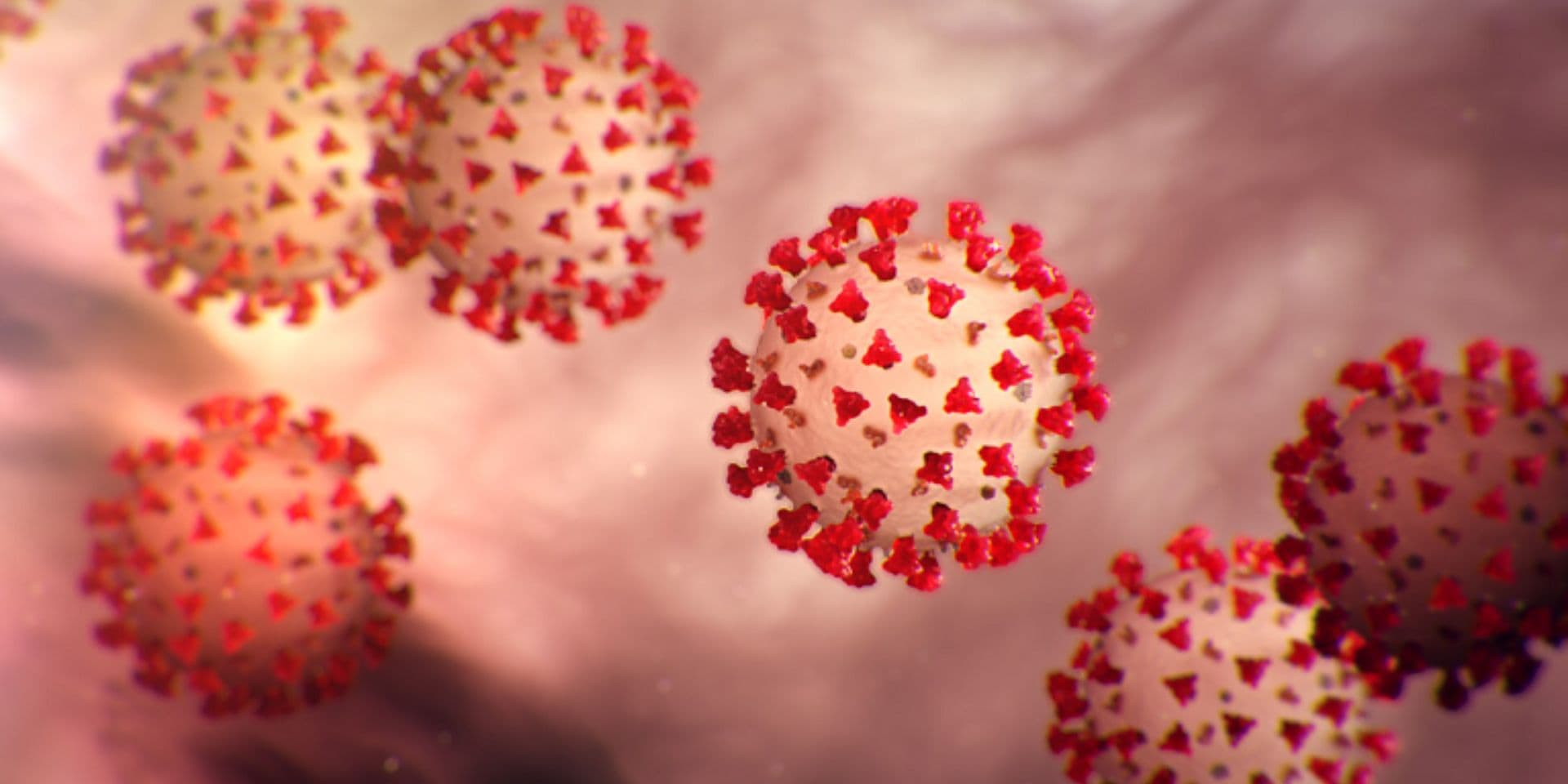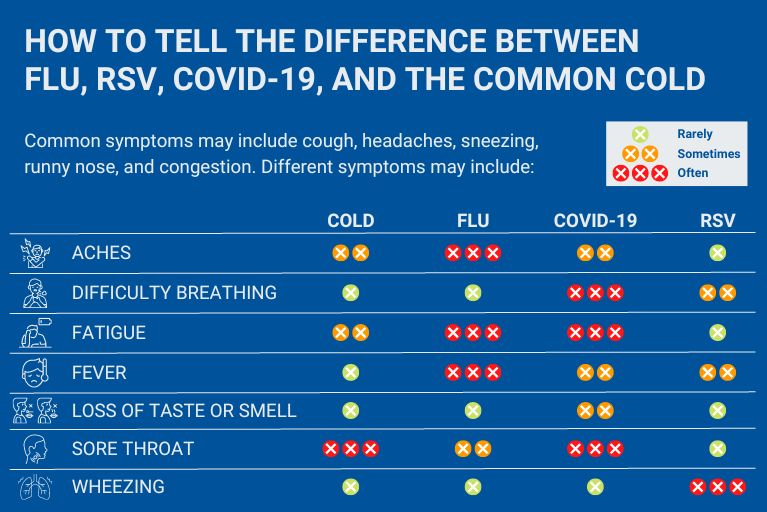
Long COVID, also known as post-COVID conditions (PCC), includes a wide range of long-term health issues that can occur in people who have been infected with SARS-CoV-2, the virus that causes COVID-19. Long COVID is not one illness, rather it is a collection of signs, symptoms, and conditions that are new, returning, or ongoing.
Long COVID is sometimes called long-haul COVID, post-acute COVID-19, long-term effects of COVID, or chronic COVID. While long COVID is a newly described set of symptoms or conditions following COVID-19 infection, scientists have known that health conditions lasting well beyond the initial infection can occur after many other viral infections, including influenza (flu).
What are the symptoms of long COVID?
The symptoms of long COVID may vary from one person to another and can last weeks, months, or even years following infection. These symptoms may be hard to explain or manage and, in some cases, can lead to disability.
General symptoms of long COVID include tiredness or fatigue and fever. Symptoms may worsen after physical and mental activity. Other symptoms may include:
- Difficulty breathing or shortness of breath
- Cough
- Chest pain
- Heart palpitations (fast beating or pounding)
- Difficulty thinking or concentrating (brain fog)
- Headache
- Lightheadedness
- Sleep problems
- Changes in smell or taste
- Diarrhea
- Stomach pain
For some people, especially those who have had severe COVID-19, long-term effects may include the development of new health conditions such as diabetes, heart disease, blood clots, or conditions involving the brain and nervous system.
Who is at risk?
Long COVID is more likely to develop in people who have severe COVID-19 illness, but anyone who has had a COVID-19 infection can develop long COVID. Each time a person is infected with SARS-CoV-2, there is a risk of developing long COVID.
People who may be at greater risk for long COVID after having COVID-19 include those who:
- Have not been vaccinated against COVID-19
- Have underlying health conditions
- Have more severe COVID-19 illness, especially those who were hospitalized or needed intensive care
People who have difficulty accessing healthcare, communities of color, and people with disabilities may be at greater risk for developing long COVID symptoms.
How is long COVID diagnosed?
Because long COVID consists of a broad range of health problems, there is no single test to diagnose it. Instead, a healthcare professional may consider health history, including prior diagnosis of COVID-19, and conduct a health examination. Studies are underway to help patients and healthcare professionals more accurately diagnose and predict the course of long COVID.
How is long COVID treated?
People with long COVID should seek care from a healthcare professional to develop a personal medical management plan to treat symptoms and improve quality of life. Talk with a healthcare professional about when symptoms first started, how often they occur, what makes them worse, and how they affect daily activities.
How can long COVID be prevented?
The best way to prevent long COVID is to protect yourself and others from being infected:
- Get vaccinated against COVID-19
- Get tested for COVID-19 as needed
- Get treated for COVID-19 if recommended by a healthcare professional
- Practice healthy habits to help prevent the spread of COVID-19:
- Wear a face mask as recommended
- Wash your hands with soap and water for at least 20 seconds
- Avoid touching your eyes, nose, and mouth
- Cover coughs and sneezes with a tissue
- Avoid close contact with people who are sick and stay home if you are sick
The Centers for Disease Control and Prevention is working to learn more about long COVID, including who is at greatest risk.
Reviewed January 2024
Source: Centers for Disease Control and Prevention
Related Resources

What Is an Antiviral?
Overview of antivirals—what they are, how they work, and what diseases they help treat

Don’t Be A Dreaded Spreader
In this episode, NFID experts offer insights on updated recommendations from the Centers for Disease Control and Prevention (CDC) to help prevent the spread of respiratory viruses, including COVID-19, influenza (flu), and respiratory syncytial virus (RSV)

How to Tell the Difference between Flu, RSV, COVID-19, and the Common Cold
Graphic listing common symptoms of respiratory viruses
